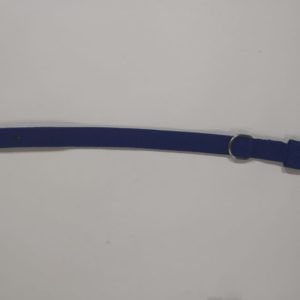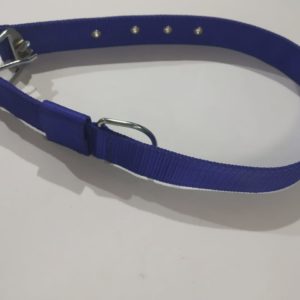
How You can Save Money on Trips to the Vet.
Sometimes the cure for your pup or kitty’s common complaints doesn’t require a trip to the veterinarian or the store—it’s already right in your pantry. Try one of these effective home remedies the next time a gripe strikes your pet:
- Prevent hairballs Brush your cat regularly to control loose hair, and replace dry food with canned meals, which have a higher moisture content to help with digestion. Put a pea-sized amount of butter on your cat’s paw once a week for her to lick off; it will help lubricate her digestive tract.
- Remedy the runs If your pet has diarrhea, serving him rice water is an effective way to allow his digestive system to rest and regroup. Feed him nothing but rice water for eight to 12 hours after you notice symptoms. (Cook 1 cup of rice in1/2 cup of water, strain the rice and serve the water.)
- Help the medicine go down If your pet has to take pills, the sweet flavor of molasses can cleverly disguise the bittertaste. Coat tablets and capsules in the sweet elixir, or crush them and mix them with it, then dispense on the inside of your animal’s cheek with a syringe or dropper. (But remember: Molasses should not be given to animals with diabetes.)
- Erase eye gunk Two herbal teas—eyebright and chamomile—contain mild astringents as well as polyphenols, which fight the germs that can cause eye discharge. Dip a cotton ball in a weak, room-temperature cup of tea and gently clean around your pet’s peepers.
- Sweeten a sore spot Sugar is naturally anti-bacterial and can keep a mild wound free of infection. After cleaning with soap and water (peroxide can prevent a scab from forming), apply a thin coating of plain table sugar to the cut. (If your pet can reach the wound with his mouth he may need to be fitted with a protective cone collar.)
- Deter diabetes Studies have suggested that, just as in people, cinnamon can help lower blood glucose levels in animals, too. Try sprinkling a pinch on your diabetic pet’s food (but don’t mess with his regular medication regimen).
- Defeat doggy breath A homemade “mouthwash”—1/2 teaspoon of apple cider vinegar in your dog’s waterbowl—can keep smelly breath at bay. Or dip a Q-tip in hydrogen peroxide and rub it along your pet’s gum line.
Other Healthy Pet Tips
Lysine is an amino acid that prevents respiratory and eye infections caused by a strain of the herpes virus, which is commonly found in cats. Try lysine soft chews; your vet should advise you about the appropriate dosage.
Omega-3 fats found in cold-water fish and in flaxseed and walnuts help with hairballs, constipation and allergies by lubricating your pet’s digestive system. Nordic Naturals makes a pet formula, with dosage directions on the label based on species and weight.
Slippery Elm & Psyllium Husks are two herbal remedies that work to re-regulate the digestive system when your pet is constipated or has diarrhea. These can be found at most health food stores. Use 1/4 to 1/2 of a child’s recommended dosage.
ALOE VERA gel, made from the succulent aloe plant and found at health food stores, can be applied directly to soothe cuts and burns.
Acidophilus is a powdered form of a healthy bacteria called Lactobacillus. Use it to prevent diarrhea or to repopulate the gut when your pet is prescribed antibiotics. Several brands make pet-friendly formulas.




